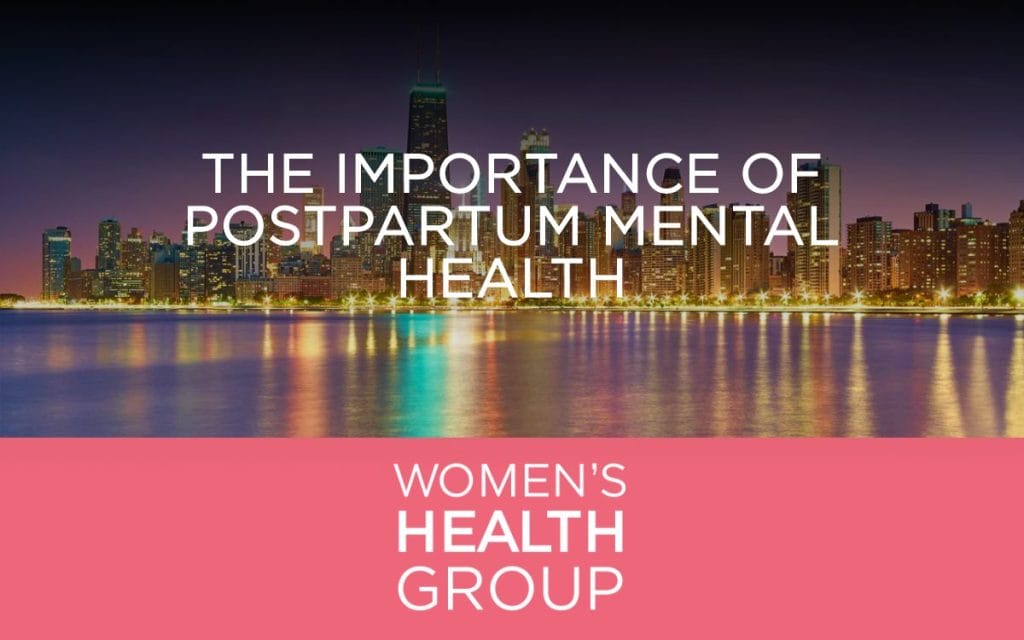Understanding Postpartum Depression
Postpartum Depression (PPD) is an often-underestimated aspect of maternal health which demands attention and understanding. This mental health disorder impacts countless women worldwide, significantly affecting their capacity to bond with their newborns, navigate motherhood, and maintain overall well-being. As an Obstetrician-gynecologist in Chicago, Illinois, with the Women’s Health Group, we stand firmly behind the importance of maternal mental health, particularly in the challenging, sensitive postpartum period.
PPD is more than just the ‘baby blues,’ a term colloquially used to describe mood fluctuations after childbirth. The ‘baby blues’ can last a few days while Postpartum Depression is long-term, often surfacing within the first two weeks after childbirth and lingering for months. It’s characterized by extreme mood swings, pronounced sadness and anxiety, difficulty bonding with the baby, and, in severe cases, even suicidal thoughts. An understanding of this condition is crucial not only for the new mothers who experience it but also for the family members and healthcare professionals around them.
Recognizing the Symptoms of PPD
Postpartum Depression may appear as a multitude of symptoms that differ from woman to woman. These can include but are not limited to:
– Severe mood swings
– Intense irritability or anger
– Difficulty bonding with your baby
– Withdrawal from family and friends
– Loss of appetite or eating far more than usual
– Inability to sleep or sleeping too much
– Overwhelming fatigue or loss of energy
– Intense worry or anxiety
– Feelings of worthlessness, shame, guilt, or inadequacy
More detailed information and resources can be found at [Mayo Clinic](https://www.mayoclinic.org/diseases-conditions/postpartum-depression/symptoms-causes/syc-20376617)
What Causes Postpartum Depression?
Postpartum Depression is caused by a complex mix of physical and emotional factors. After childbirth, a dramatic drop in hormones (estrogen and progesterone) in a woman’s body can lead to chemical imbalances in the brain that trigger mood swings. In addition, the physical exhaustion resulting from childbirth adds to the stress. But it’s not just physical factors at play. Emotional issues can also play a big role, including feeling overwhelmed, doubting your ability to care for a newborn, or feeling less attractive.
Why Postpartum Mental Health is Essential
Mental health is a critical component of overall health. As such, postpartum mental health is a vital aspect of a woman’s journey through motherhood. The early days and months of motherhood can be incredibly stressful, and women deserve support to manage the emotional turmoil that can occur.
Postpartum Depression can have long-lasting effects if left untreated. It can interfere with mother-child bonding and cause family problems. For mothers, untreated PPD can lead to chronic depressive disorder. For children, it can lead to delays in language development and difficulties with behavior and learning.
Steps towards Recovery
Reaching out for help is the first, most important, step a woman can take if she is experiencing symptoms of PPD. It’s important to remember that postpartum depression is not a character flaw or a weakness. It’s simply a complication of giving birth that can be treated efficiently and effectively.
Treatment for PPD may include psychotherapy (talk therapy), medication, or both. Your healthcare provider can help you weigh the benefits and risks of each option, taking into consideration your personal circumstance, severity of depression, and your ability to attend sessions or manage medication.
To learn more about treatment options, consult resources like [Women’s Health](https://www.womenshealth.gov/mental-health/mental-health-conditions/postpartum-depression)
Creating a Network of Support
A vital element of coping with postpartum depression is a strong support system. Family members, friends, healthcare professionals, or support groups can provide emotional and practical help. Spending time with trusted loved ones can offer you respite from the pressures of motherhood, while support groups can provide advice, encouragement, and reassurance that you’re not alone.
Professional help is also pivotal in managing PPD. Our Women’s Health Group encourages women to speak up about their mental health in appointments. We’re here to provide medical assistance, guidance, and vital emotional support during this challenging time.
Lastly, educating your partner, family, and friends about postpartum depression can help them understand what you’re going through and how they can support you.
Conclusion: Prioritizing Maternal Mental Health
The importance of postpartum mental health cannot be overstated. Recognizing and addressing Postpartum Depression is critical to the health and wellbeing of both new mothers and their families. Postpartum Depression is not a sign of weakness, but rather a serious mental health condition that genuinely affects women worldwide. It’s our responsibility as a community to recognize this issue, provide resources, lend support, and advocate for the mental health of all new mothers.




